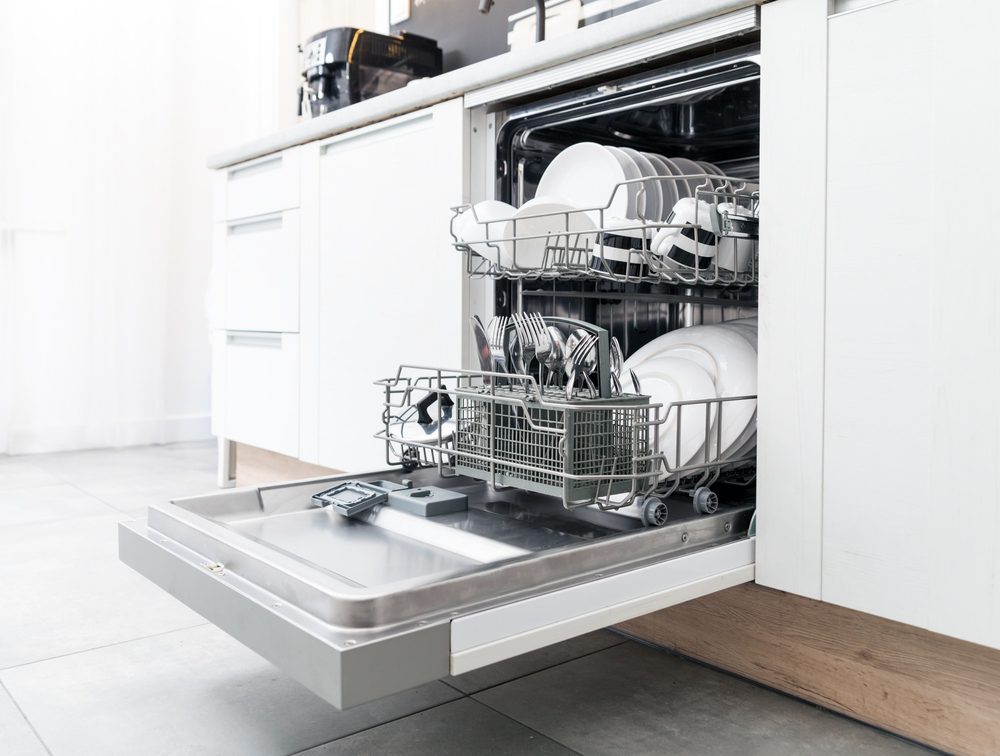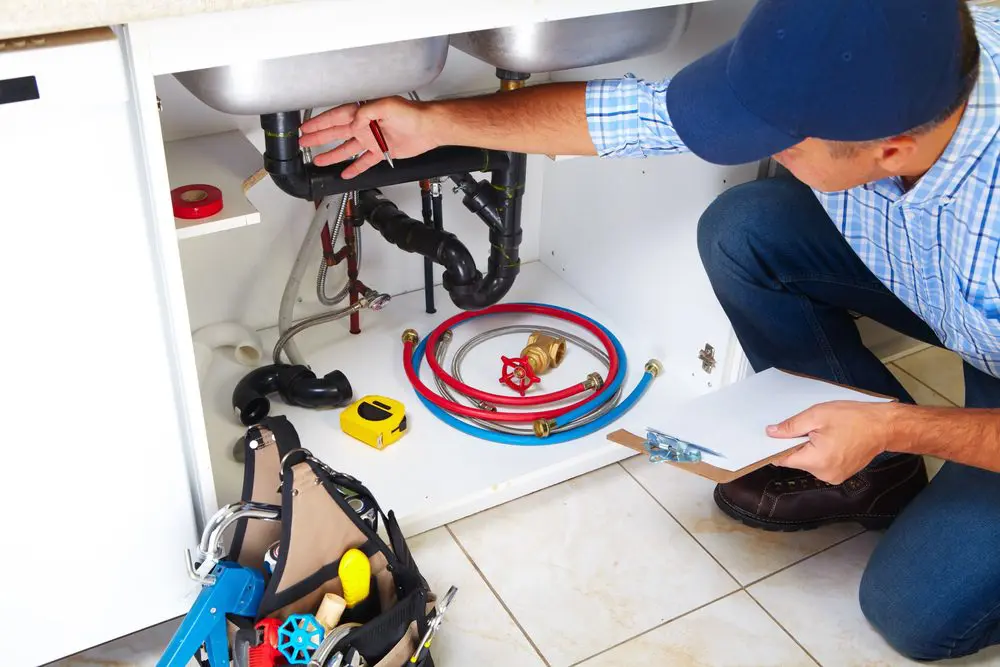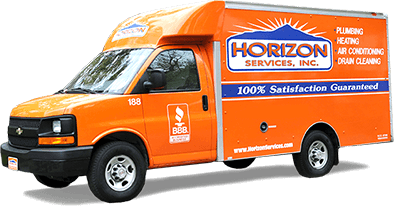
Table of Contents
Keep Your Dishwasher Reliable With Proper Maintenance and Usage
The first reliable hand-powered dishwasher was invented in 1887 by Ohio native Josephine Cochrane and unveiled at the 1893 Chicago World’s Fair. By the 1970s dishwashers had become commonplace in domestic residence in both North America and Western Europe. In fact by 2012, reports showed that 75% of homes in the United Stated and in Germany had dishwashers.
So, when your household dishwasher is working fine, life can be pretty fine. However, when you encounter problems with your dishwasher or it loses its cleaning efficiency, it will become harder to clean your plates and cups after a meal. Although dishwasher repairs usually aren’t always major projects or expenses, even a few days without a working dishwasher can turn into a major hassle and inconvenience.
Fortunately, you can avoid the inconveniences of dealing with a broken dishwasher with proper maintenance and usage. This is why it is extremely important to keep your dishwasher in good running condition. With a little proper care and attention, you should be able to get many years of worry-free performance, cleaning, and energy-efficiency from your dishwasher.
Common Causes Of Broken Dishwashers and Ways to Prevent Issues
1. Dirty Plates and Dishes
Placing dirty plates and dishes in the dishwasher can clog the pump assembly, drain lines, or spray arms — which can cause bacteria to breed. A buildup in the pump assembly can prevent the dishes from getting properly cleaned.
Many appliance technicians say you should at least scrape the food off plates and dishes before placing them in the dishwasher. However, how far and much do you need to clean after that, though, is debatable. Most dishwasher manufacturers say a complete rinse is not required; whereas, appliance technicians say the more food and particles you get off the plate, the less likely the machine will break down saving you money in the long run.
2. Overloaded Machine
One of the easiest ways to make sure everything can get sprayed is not to overload your dishwasher. Yes, you want to run it when it is full because this saves time and resources, but overfilling it will not allow it to wash properly. In fact, Overloading prevents dishes from getting fully cleaned and may cause you to rinse the same dishes twice, causing additional wear on the unit. There is a fine line between full and overload.
Additionally, overloading the dishwasher can actually make it leak. The water inside the machine is diverted from the tank bottom and splashes out under the door.
Tips & Insights: How to Reset An Electric Water Heater
3. Washing Non-Dishwasher Safe Items
The dishwasher, while great in so many ways, is way too rough for many of our most prized kitchen items. Before you start loading the rack with reckless abandon, check out the 10 things that should NEVER go in the dishwasher.
- Wooden Utensils and Cutting Boards
- Cast Iron Pans
- Gold Trim Plates
- Good Knives
- Items with Hollow Handles
- Copper and Pewter Items
- Crystal and Hand-blown Glass
- Travel Mugs
- Takeout Containers
- Containers with Labels
4. Using Cheap Dishwashing Detergent
What you put into your dishwasher significantly affects your dishwasher’s performance.
- Use Detergents Specifically Designed for Your Dishwashers. Hand washing dish detergents and other soaps must NEVER be used in dishwater. They are not formulated to clean dishes in a dishwasher. And they will produce large amounts of foam, suds and bubbles which will leak from the dishwasher and spill onto the floor. Use detergents that are specifically meant for DISHWASHING ONLY.
- Choose Powders Over Gels. Powder detergents are usually a better choice than gels. Gels often contain chlorine bleach which can dissolve seals and gaskets. Gels don’t work well in hard water. Gels can clog the detergent dispenser which can impede cleaning performance. And gels tend to leave more spots, film and cloudiness on glassware. For best results, we recommend using a powdered detergent or tablets.
- Avoid Cheap Products. Make sure that the word DETERGENT appears on the box. Some inexpensive and non-name powders contain inferior cleansers; some even contain sand! These products should be avoided to prevent wear and damage to dishes and the dishwasher itself as well as sediment build-up.
Tips & Insights: What Items Should You Avoid Putting Down Your Drain and Garbage Disposal?
5. Power Surges
During spring and summer thunder storms as well as other weather-driven events power surges, caused during a spike in your home’s electrical current, are strong enough to severely damage or ruin dishwashers, as well as other electrical household items and appliances.
Buying a surge protector can go a long way to saving your dishwasher. Another option that our experts recommend is investing in whole-house surge protection to protect no only your dishwasher but everything else too.

Plumbing Repair and Installation Services
With over 20 years of service experience, we have helped thousands of homeowners in the Delaware, Southeastern Pennsylvania, South New Jersey, and Northeastern Maryland areas with their plumbing needs. Our team of professional plumbers have the tools and skills necessary to help you troubleshoot a broken dishwasher.
Our emergency plumbers also offer various types of other plumbing services such as sump pump replacement, water heater installation, drain cleaning, sewer camera inspections, water line replacement, and sewer pipe repair. Our experienced plumbing technicians can accurately diagnose and quickly fix your plumbing problems. Plumbing emergencies are our specialty!


